Dehydrating food is a great way to preserve it for future weeks, months – perhaps years, depending on what exactly you’re preserving…
I love dehydrating herbs in particular, as this makes it easy to store them for later use. Herbs definitely aren’t the only foods you can dehydrate, though. You can also dehydrate fruits, vegetables, meats, and more.
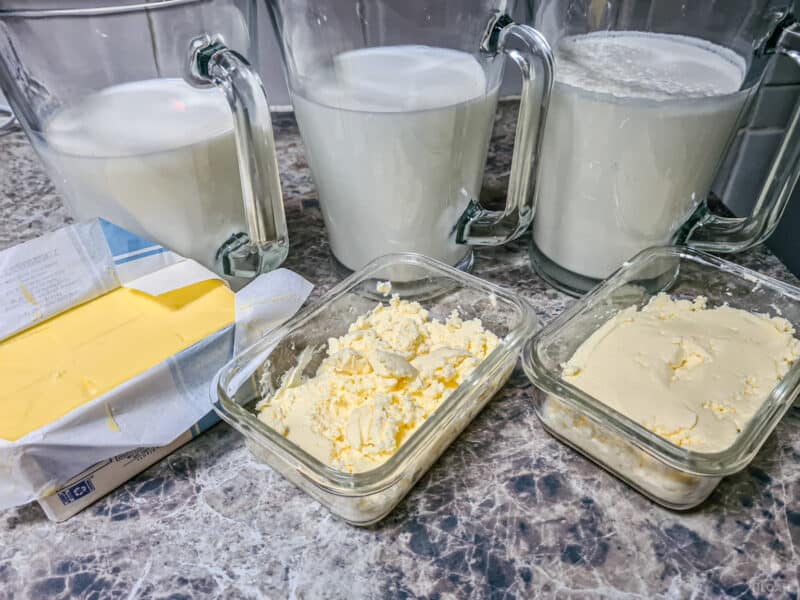
Although just about every food is a good candidate for dehydrating, there are a few that should not be dehydrated. Some foods aren’t good options for this preservation method simply because it makes them taste bad, or causes them to lose their nutritional value.
With other foods, though, dehydration isn’t just a bad option – it is an unsafe one.
In this article, I’ll tell you all about ten foods to never dehydrate – and why. Plus, I’ll give you a few alternatives to try instead.
Never Dehydrate These Foods
Avocadoes
Avocados are delicious, and they’re also jam-packed with nutrients. That’s why so many people love them, after all!
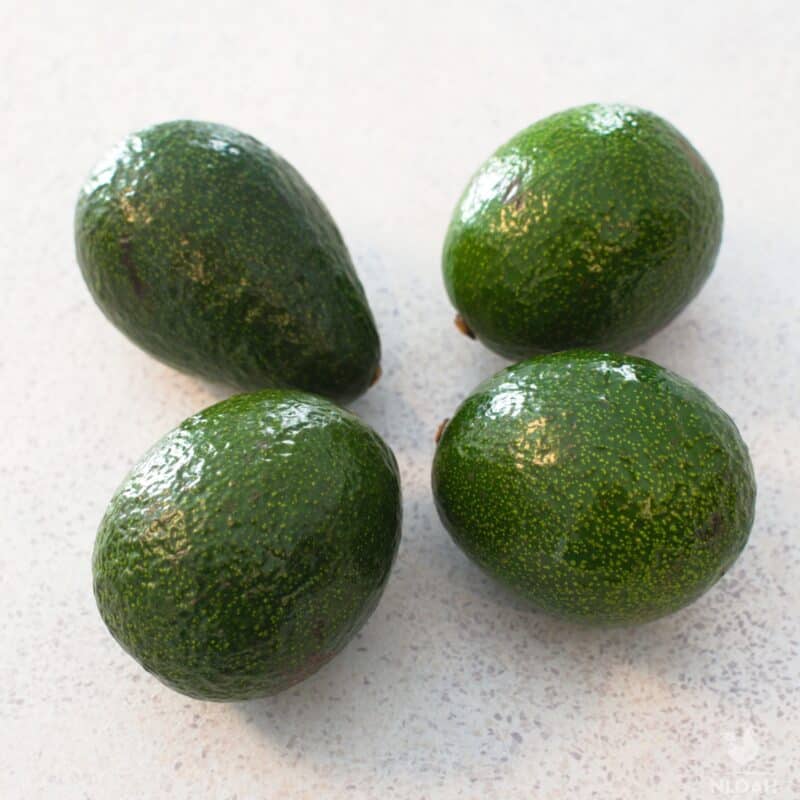
Unfortunately, avocados should not be dehydrated because they’re very high in fat and don’t hold up well. The high-fat content is unusual for a fruit or vegetable – and drying them will not only produce a final product that is leathery and poor-tasting, but it will also spoil very quickly.
Dehydrated avocados are known to go rancid very shortly…
Save yourself the hassle and skip the dehydrator. Fresh avocados taste best, anyway.
Olives
Olives can be dehydrated, but there’s not really any good reason to do so. Dehydrated olives do not taste the best, and they don’t last that long, either.
Juices
I’m honestly not sure why you would want to dehydrate a liquid, but believe me, this is something people ask about quite regularly! Logistically, I’m not even sure how you would do this.
If you want to store juice or soda for later use, your best option is going to be to can them. You could also freeze them. This will allow you to use them later on without having to worry about refrigeration.
Store-Bought Condiments
Being able to have ready-made ketchup at home without needing to refrigerate it sounds appealing, but it’s not a good idea.
You should try to avoid dehydrating store-bought condiments (or really, anything else containing a lot of preservatives or additives) because they tend to be filled with chemicals, fats, sugar, and other no-no ingredients.
These can throw off the chemistry of your food and make it hard for these items to be dehydrated effectively and safely.
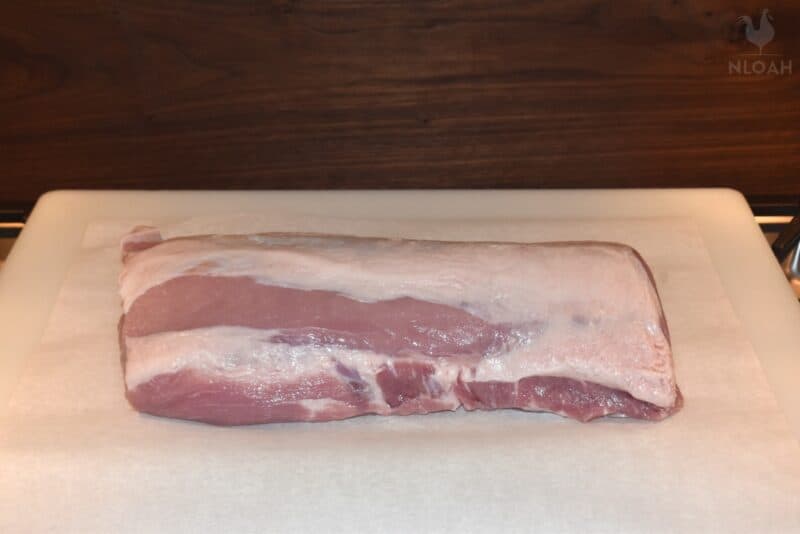
Fatty Meats
Don’t try to dehydrate any meat that isn’t lean in your dehydrator. They’ll dehydrate okay, but it will take you what feels like forever to dry them out. Often, the fat in the meat causes it to go bad in just a couple of weeks, anyway.
You can easily dehydrate leaner cuts of meat, like chicken and venison, though. It’s a great way to make jerky!
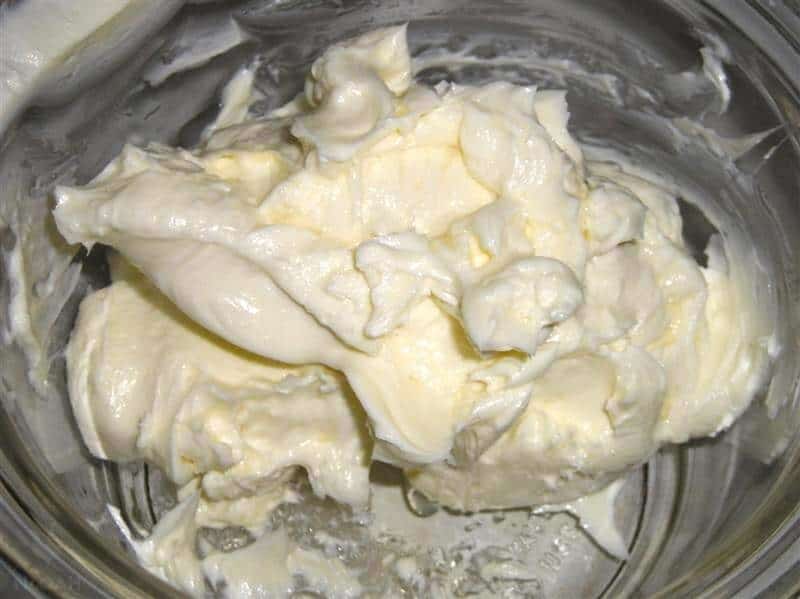
Butter
As with fatty meats, butter is another item that you shouldn’t dehydrate because it has too much fat. The fat content prevents the butter from being effectively dehydrated.
You can buy commercially preserved powdered butter which, though not exactly natural, will be a better use of your time and money than trying to use your dehydrator on butter.
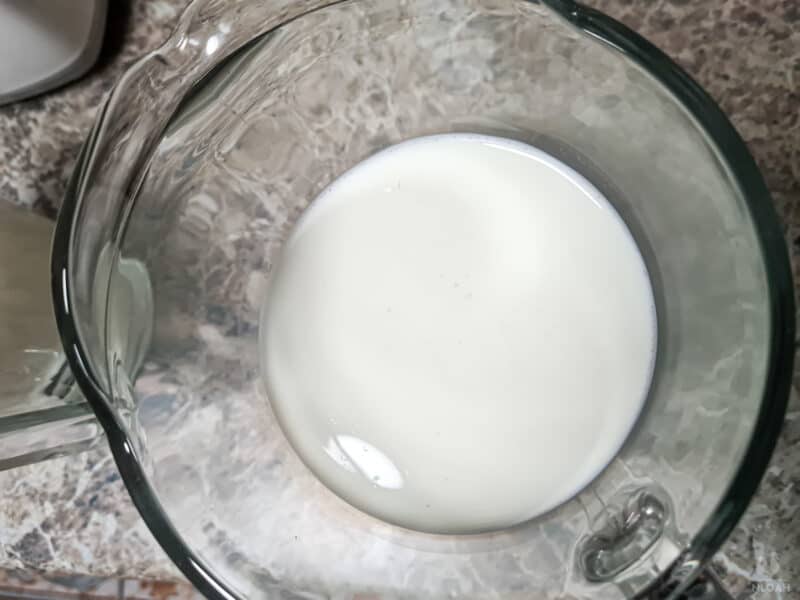
Milk
You can sometimes dehydrate nonfat or one-percent milk, but it can be a challenge to do so. By the time you expose the milk to the high heat of the dehydrator, you’ve often eliminated much of its nutritional value, anyway. Buy powdered milk at the store instead.
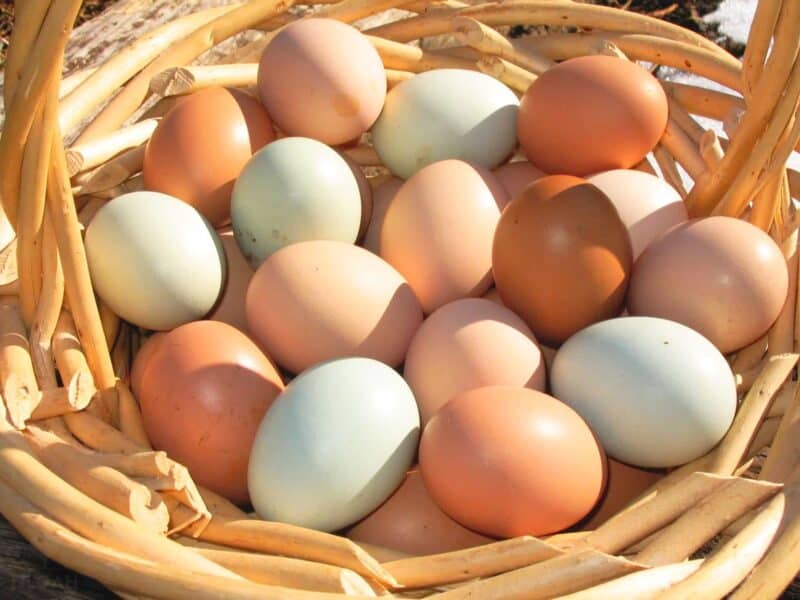
Eggs
You might be shaking your head at this one, but I don’t recommend dehydrating eggs. Yes, you can buy powdered eggs, and they’re great. And yes, lots of people dehydrate their own eggs, too.
The reason I don’t recommend it is that it can be challenging to use the eggs later on.
If you can dehydrate them when the yolks are broken and scrambled (in a slurry-like mixture), you may be able to get good results. When you dehydrate or freeze eggs in this fashion, they’re usually okay to be eaten for scrambled eggs later on.
However, you won’t be able to dehydrate eggs for use in an omelet, sunny-side-up, or other breakfast dishes. You also will struggle to use them in most baking recipes.
Just be mindful of how you plan to use eggs if you decide to dehydrate them because it might not ultimately be worth your time.
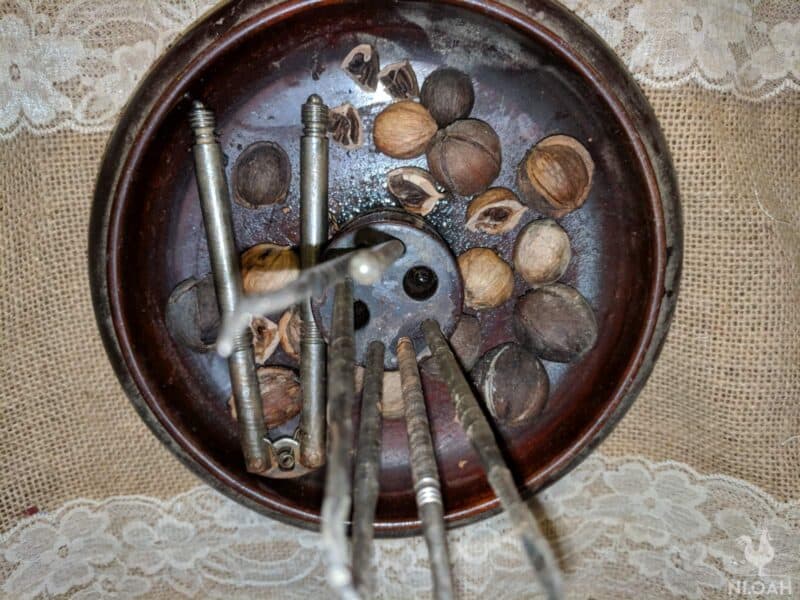
Nuts
Nuts also have a high fat content. That’s good news and bad news. Because they have a lot of fat, they hold up well on the shelf. However, the bad news is that the loads of fat in the nuts make them poor candidates for dehydration.
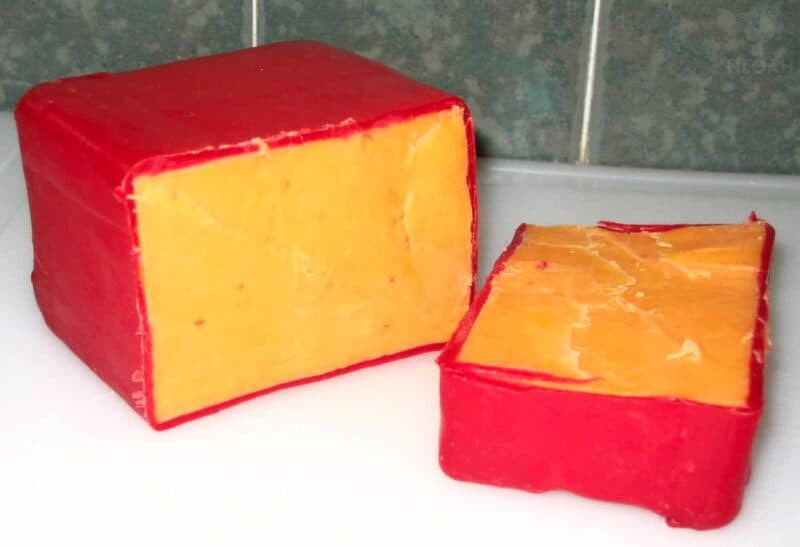
Cheese
You can dehydrate cheese, but you need to be extremely careful about doing it (personally, I wouldn’t risk it). Like nuts, meat, and butter, cheese has a lot of fat. It will go rancid more quickly, and in my opinion, it’s not worth it.
Just buy powdered cheese if that’s really what you want – or consider sticking it in the freezer instead.
Very Very Careful When Dehydrating These
Pears, Bananas, and Apples
These are three fruits that you can easily dehydrate, but you’ll want to make sure you take one simple step before putting them into the dehydrator for the best results – just spray them with lemon juice.
Mushrooms
If you’re going to dehydrate mushrooms, just be sure to dry them a bit ahead of time. This will help them retain their natural color.
Rinse in water before dehydrating, too. Your mushrooms might end up a bit darker after they have been dehydrated, but they’ll retain most of their flavor and nutritional value.
Leafy Greens
You can process leafy greens in your dehydrator, but you should blanch or steam them first. This way, they’ll keep their color and retain all of their minerals and vitamins. Kale chips, anyone?
Blueberries
This one might surprise you – but don’t worry, you can still dehydrate blueberries. You just need to take a few preventive measures first before dehydrating your blueberries, and place them in some boiling water. This will crack their skin. Remove them from the water after just fifteen seconds.
This will help the berries retain their color and flavor. Otherwise, they’ll look pale and limp after you’ve dehydrated them.
Low-Acid Foods
You thought the low-acid recommendations were just for canning, didn’t you? Unfortunately, you also need to pay attention to the acid content of fruits and vegetables when you are dehydrating, too.
That’s because it may be necessary for you to steam or blanch a low-acid food before you dehydrate it.
If you forget this step, don’t panic – it’s not going to make your final product unsafe to eat. It just might be a bit limp or chewy-tasting.
Fruit Leathers
Fruit leather is a common item that many people like to make with their dehydrators. Feel free to make your own fruit leather, but be careful about doing so if you’re inexperienced.
Consider following a recipe to show you the ropes, as making fruit leather can be messy (and will seemingly take forever) if you don’t know what you are doing. Each fruit has a different recipe, too, so don’t try to do things in a one-size-fits-all fashion.
What to Dehydrate Instead
If you’re feeling a bit forlorn after reading about all of the foods that can’t be dehydrated, don’t worry – the list of foods that you can dehydrate is much longer. You still have plenty of options!
Some good choices include legumes of any kind, citrus fruit, cabbage, carrots, onions, squash, zucchini, tomatoes, and pears. You can also dehydrate kale, apples, cherries, peaches, grapes, rhubarbs, raspberries, and cranberries.
One of my favorite foods to dehydrate? Potatoes! There’s nothing more delicious than homemade potato chips – plus, you can use dehydrated potatoes to make homemade mashed potatoes, too.
Ultimately, knowing which foods are safe (and best) to dehydrate will come with a bit of experience and practice. As you dehydrate food more often, you’ll likely learn which foods hold up best in the dehydrator – and which are better left to the freezer or canner.
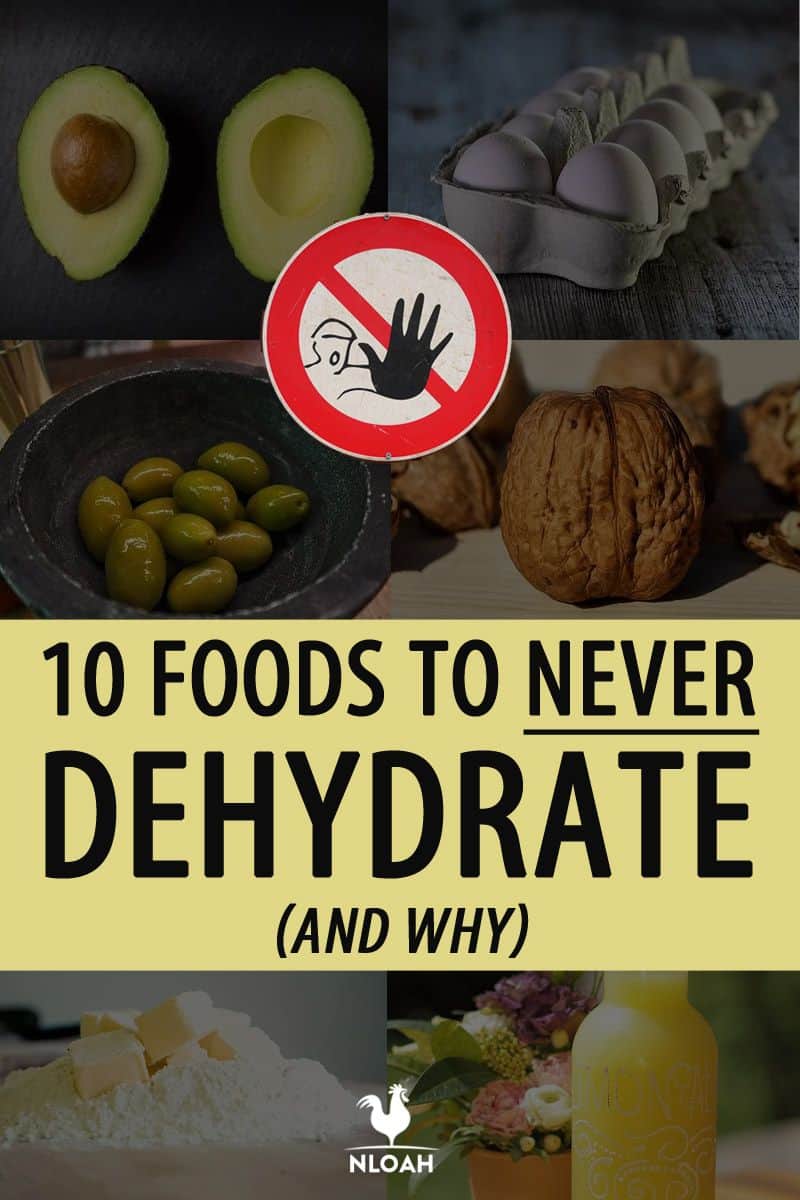

Rebekah is a high-school English teacher n New York, where she lives on a 22 acre homestead. She raises and grows chickens, bees, and veggies such as zucchini (among other things).

I have been dehydrating eggs since the prices started going up. I used my dry eggs today to make western sandwiches and they where spectacular. The web advises re-hydrate for about 5 minutes. I left mine for 15. They are not as fluffy but the flavour was the same and I would definitely use them to make scrambled eggs and definitely for baking. I think advising folks not to dehydrate eggs is bad advice. Just my opinion.
Did you just crack the eggs and dehydrate them? I was thinking of doing the same thing and to is is the first article that had a no next to eggs… I haven’t done it before and was considering dehydrating them and then putting the dried product through the grinder to make an egg powder… ideas???
Gratitude for your simple and easy-to-follow guidelines. I plan my dehydrating debut tomorrow with apple cubes. You are a great inspiration to me. Learning at age 72 is much more fun.